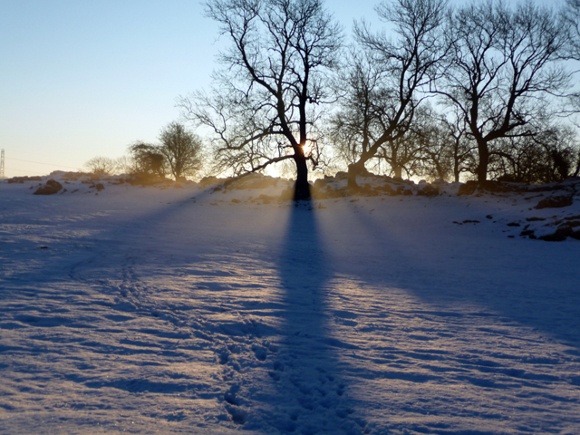Wilfred Owen, selected poems Contents
- Wilfred Owen: Social and political background
- Wilfred Owen: Religious / philosophical context
- Wilfred Owen: Literary context
- Wilfred Owen: 1914
- Wilfred Owen: Anthem for Doomed Youth
- Wilfred Owen: At a Calvary near the Ancre
- Wilfred Owen: Disabled
- Wilfred Owen : Dulce et Decorum Est
- Wilfred Owen: Exposure
- Wilfred Owen: Futility
- Wilfred Owen: Greater Love
- Wilfred Owen: Hospital Barge
- Wilfred Owen: Insensibility
- Wilfred Owen: Inspection
- Wilfred Owen: Le Christianisme
- Wilfred Owen: Mental Cases
- Wilfred Owen: Miners
- Wilfred Owen: S.I.W
- Wilfred Owen: Soldier’s Dream
- Wilfred Owen: Sonnet On Seeing a Piece of Our Heavy Artillery Brought into Action
- Wilfred Owen: Spring Offensive
- Wilfred Owen: Strange Meeting
- Wilfred Owen: The Dead-Beat
- Wilfred Owen: The Last Laugh
- Wilfred Owen: The Letter
- Wilfred Owen: The Parable of the Old Man and the Young
- Wilfred Owen: The Send-Off
- Wilfred Owen: The Sentry
- Wilfred Owen: Wild with All Regrets
Nature
As a small boy Owen fell in love with poetry, in his own words ‘through nature’. It is not surprising then that amidst the gruesome realities of the First World War he should be alert to the natural world:
- Nowhere is Owen more sensitively aware of nature than in Spring Offensive where the men rest on the hillside before going over the top to their deaths. Nature seems benign. Trees, grass and buttercups flourish. Owen observes however that the insects are wasps and midges - creatures that irritate and harm. Spring and summer bring their delights but always there is a sense of danger. The sky and the sun are not benign, they are mysterious and threatening. Unfriendly aspects of nature can burn with fury as the men run across the herbs and heather of the hillside.
- In Futility nature is as important a theme as war. The young dead boy is described against a background of an England in which he was a natural part. The warmth of seed-time and spring contrast with the snow which has contributed to his death. Owen’s anger flashes out against the ‘fatuous sun’ which is incapable of restoring the boy to life
- In Exposure Owen uses the weather, a phenomenon of nature, to carry the theme of war. The wind and rain lash and the snow-flakes feel the faces of the men. The frost will fasten on bodies and ice form over dead eyes
- Hospital Barge is an unusual poem in that here Owen’s theme is one of peace and tranquillity, of romantic kings and loss set on the canal which links to the River Somme. The sense of peace here is in marked contrast to the battlefields and bloodshed of other poems, though the barge’s cargo hints it can never be escaped
- In 1914 Owen uses the natural seasons to place the outbreak of war in the cycle of civilisation: in 1914 the war becomes the ‘Winter of the world’

World War I, also know as the First World War and the Great War, was a global conflict from 1914 – 1918, centred in Europe, involving all the world’s major economic powers in two opposing alliances.
The phrase used by the troops when they came up out of the trenches and went over the top of the sandbag parapets into no man's land.
A gently flowing river in the Picardy region of Northern France which flows into the English Channel.